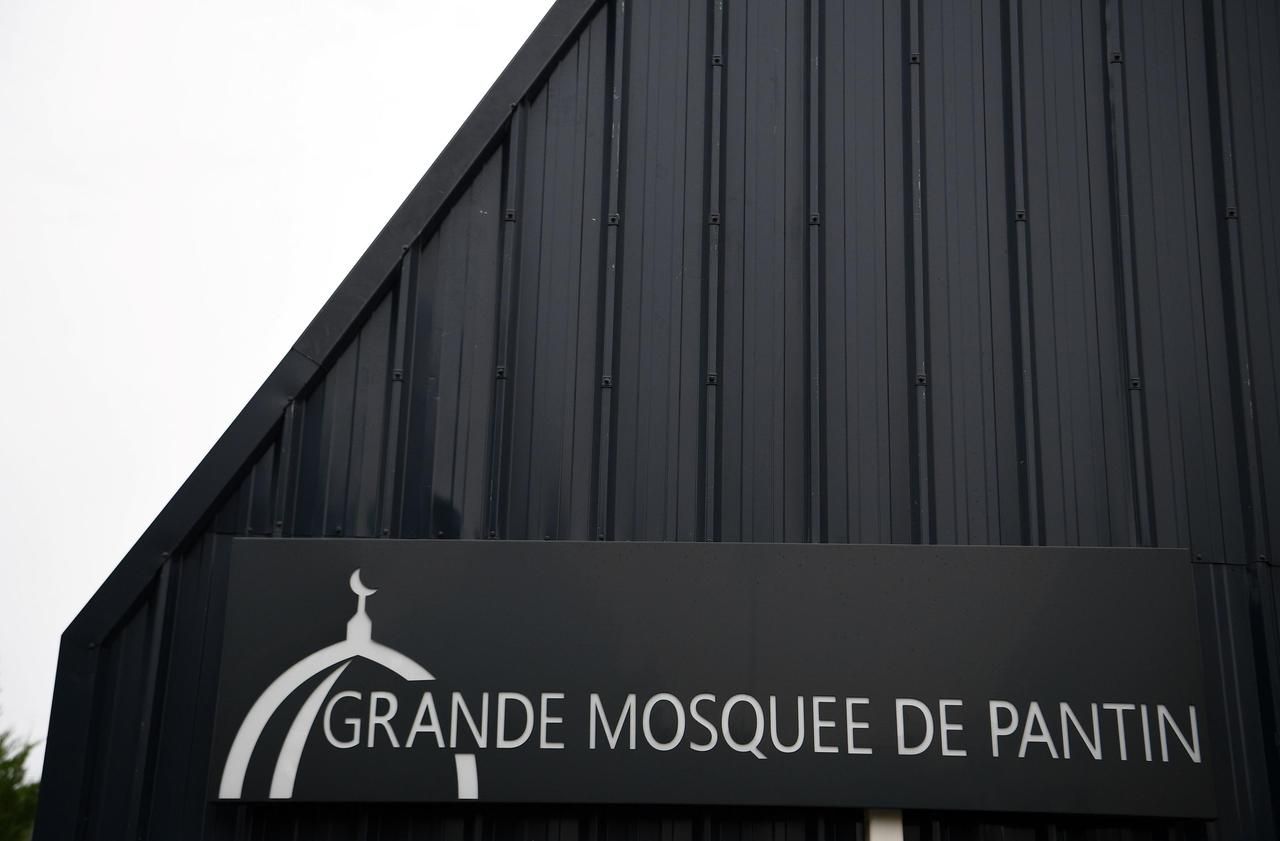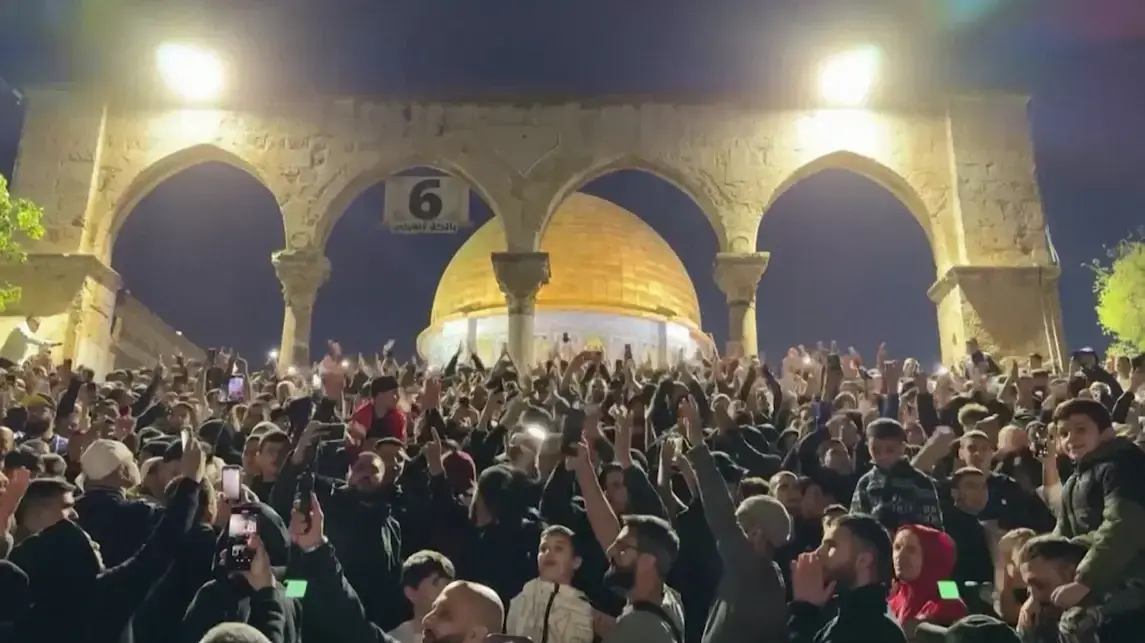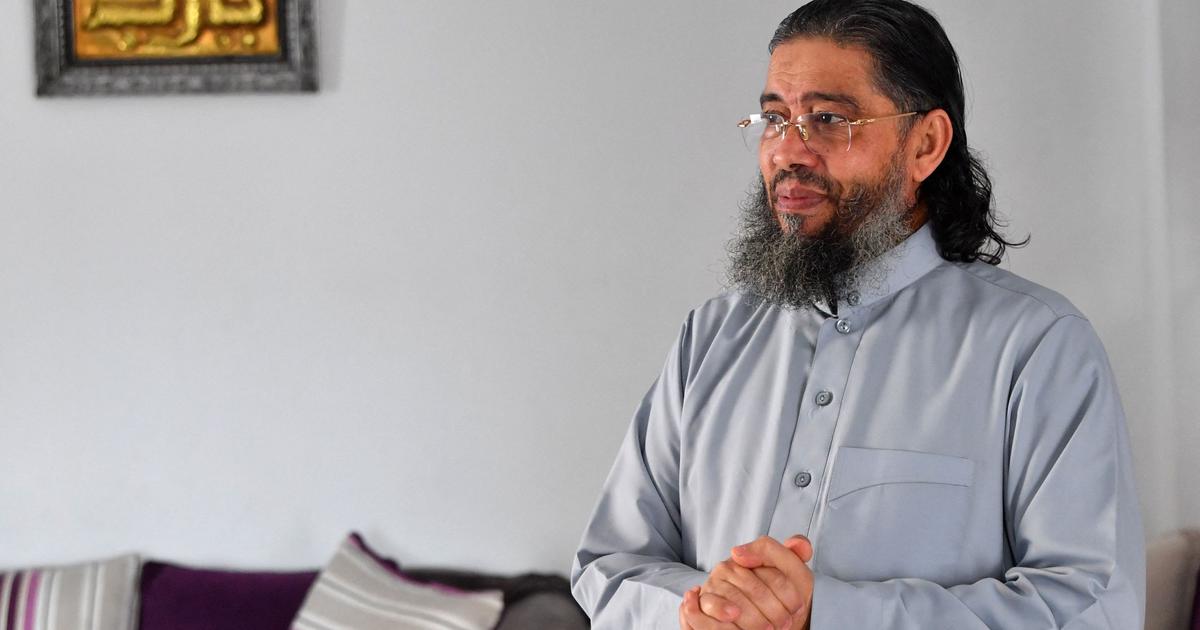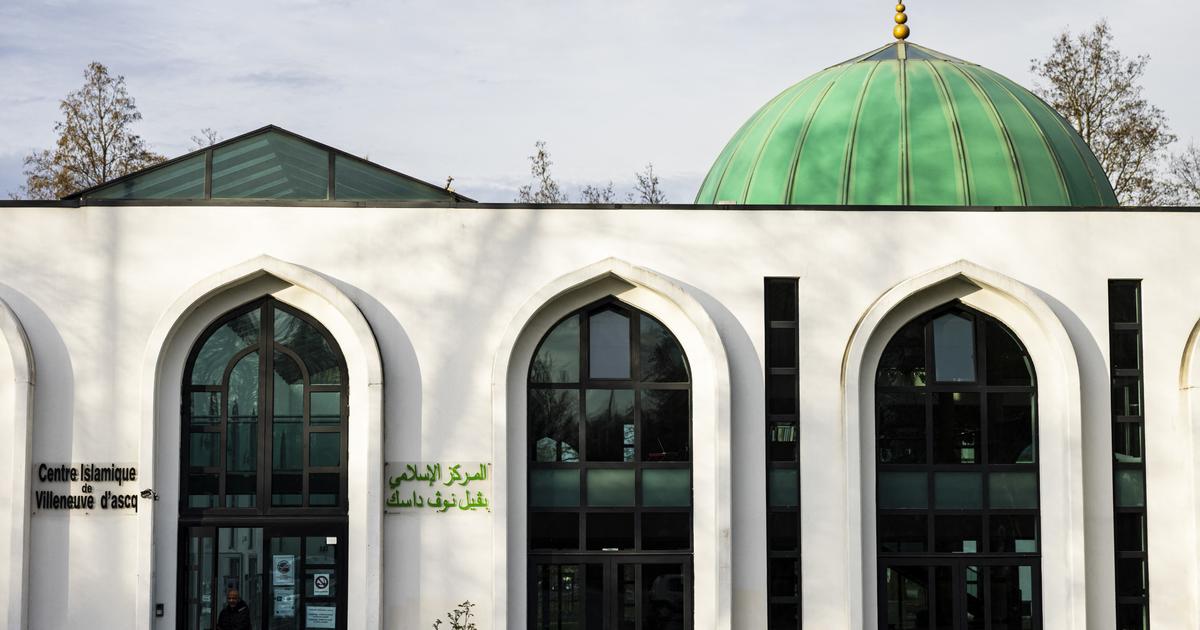The attack on the life of Samuel Paty, professor of history, in Conflans-Sainte-Honorine (Yvelines), last Friday, shakes French society in depth.
The ongoing investigation has thus revealed the involvement of Islamist personalities and in particular the mosque of Pantin (Seine-Saint-Denis) in this tragedy, which is criticized for sharing on its Facebook page of a video denouncing the teacher's course.
In response, Gérald Darmanin, the Minister of the Interior, therefore decided to close the mosque, pointing, in addition to the video, the controversial personality of the Imam of Pantin, whose children were "educated" in an underground school.
The latter, who recognized a "clumsiness" about the publication of the video and considers himself "thrown in the pasture", has not yet announced whether he was appealing against the minister's decision.
He still has a few hours to make his choice.
Explanations.
Who decides on the closure of a mosque?
In normal times, the decision to close a place of worship belongs first to the prefects in the departments and to the prefect of police in Paris.
This provision was incorporated into Law No. 2017-1510 of October 30, 2017, strengthening internal security and the fight against terrorism, better known as the SILT law.
A law which therefore specifies that "for the sole purpose of preventing the commission of acts of terrorism, the representative of the State in the department or, in Paris, the police chief may order the closure of places of worship in which remarks that are made, ideas or theories that are disseminated or activities that take place provoke violence, hatred or discrimination, provoke the commission of acts of terrorism or condone such acts ”.
Article L227-1 specifies however that "the duration (of closure) must be proportionate to the circumstances which motivated it and cannot exceed six months".
When should the mosque close?
Concretely, the closure is pronounced by order "reasoned and preceded by an adversarial procedure".
The closure order is only enforceable after a minimum period of forty-eight hours, at the end of which "the measure may be executed ex officio", specifies clearly the law.
The Pantin mosque, in accordance with this rule of law, can therefore be closed as of Wednesday evening, said the Ministry of the Interior.
Can we oppose it?
There are legal possibilities to oppose it or at least slow down the execution.
"If a person having an interest in it has seized the administrative court, within this period, of a request presented on the basis of article L. 521-2 of the administrative justice code, the measure cannot be executed ex officio before the interim judge has informed the parties of the holding or not of a public hearing in application of the second paragraph of Article L. 522-1 of the same code or, if the parties have been informed of such a hearing , before the judge has ruled on the request ”, specifies the SILT law.
Muslim organizations such as the CCIF or ADM (Action for the rights of Muslims) have vigorously opposed it in recent years, even publishing a report entitled "Collective punishment".
The authors of the report point to “discriminatory” measures.
“None of the closed mosques has been the subject of a judicial investigation in connection with terrorism.
The tools of the fight against terrorism are deviated and serve as collective punishment on a community for an act committed by a third person, in violation of religious freedom.
They deprive thousands of Muslims of places of worship and turn out to be discriminatory and disproportionate measures ”, underlines the report in its synthesis.
How many mosques have been closed in recent years?
Since the establishment of the SILT law, seven mosques have been closed for a period of six months, as recalled in the government's report to the National Assembly in February 2020. In 2019, the “As- Sunnah ”in Hautmont (North) was closed by order of the prefect of December 13, 2018, which expired on June 15, 2019. The place of worship did not reopen when the measure expired.
Another scenario: the “Al-Kawthar” mosque in Grenoble (38), closed by order of the prefect of Isère on February 4, 2019, which expired on August 7, 2019. This time, the place of worship reopened on August 11, 2019. The prefectural decree declaring the closure of the “Al-Kawthar” mosque in Grenoble was essentially motivated by the remarks made by the imam (who was the subject of an expulsion order on July 12, 2019 and has since left the territory) as well as by the dissemination of these comments on the Internet.
Previously, between the end of the state of emergency and January 1, 2019, five other mosques had been closed on French territory: the mosque of Sartrouville (Yvelines), the Dar es Salaam mosque in Aix-en-Provence ( Bouches-du-Rhône), the Sunna mosque in Marseille (Bouches-du-Rhône), the Gigean mosque (Hérault) and the Zahra mosque in Grande-Synthe (North).
As part of the state of emergency established in France from November 14, 2015 to October 31, 2017, 29 “meeting places” including around 20 mosques were provisionally closed, according to a parliamentary report.















